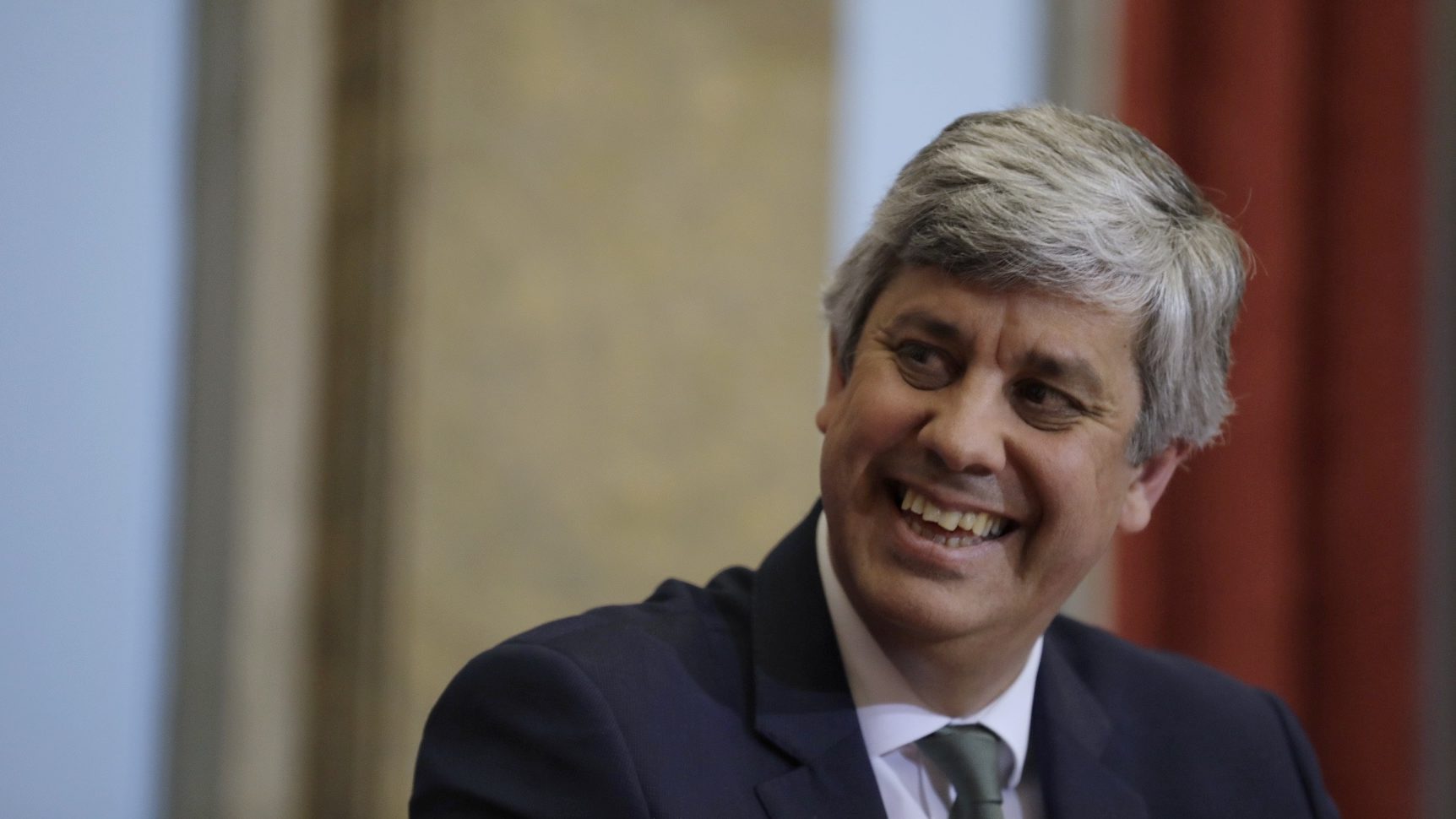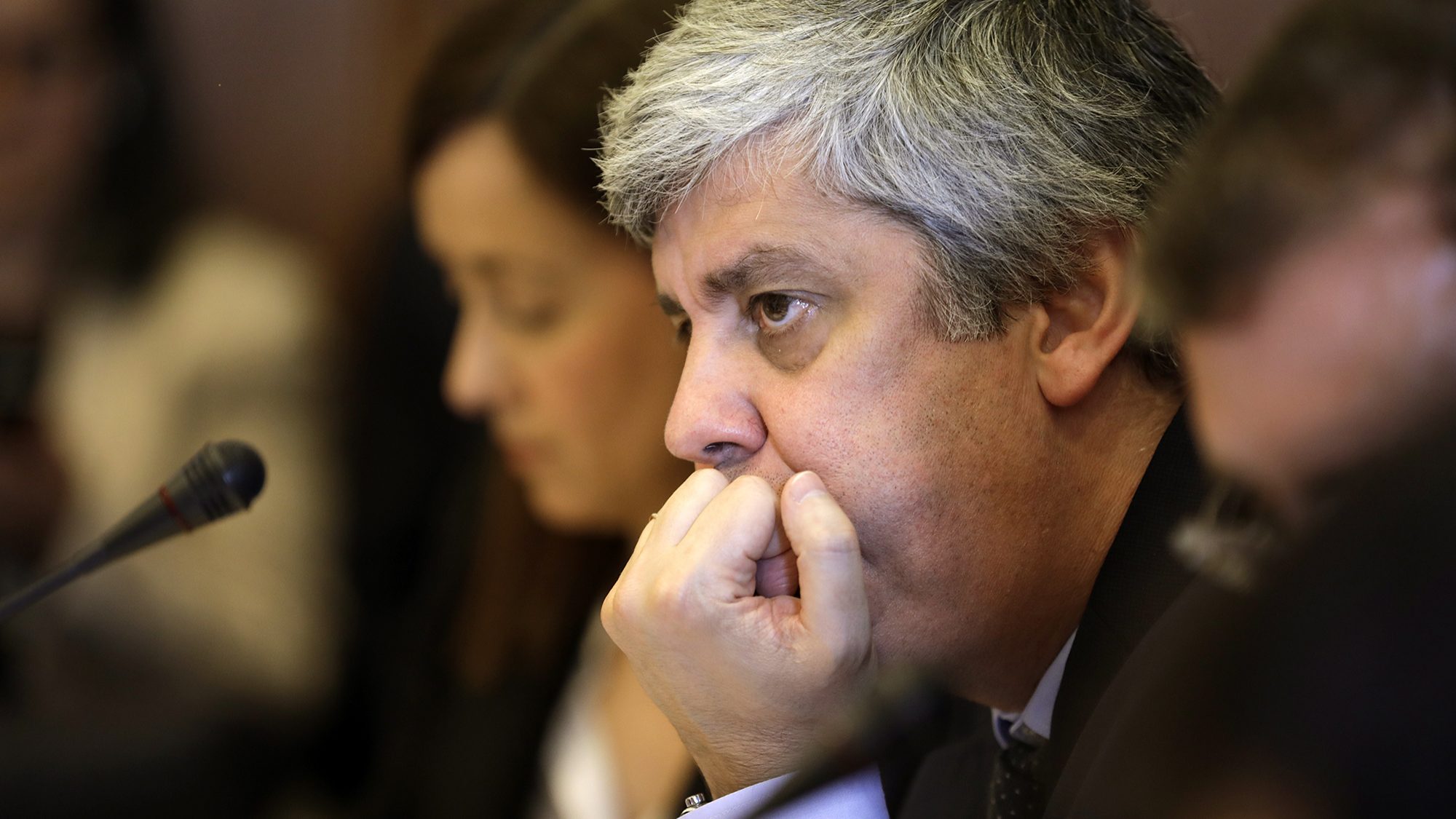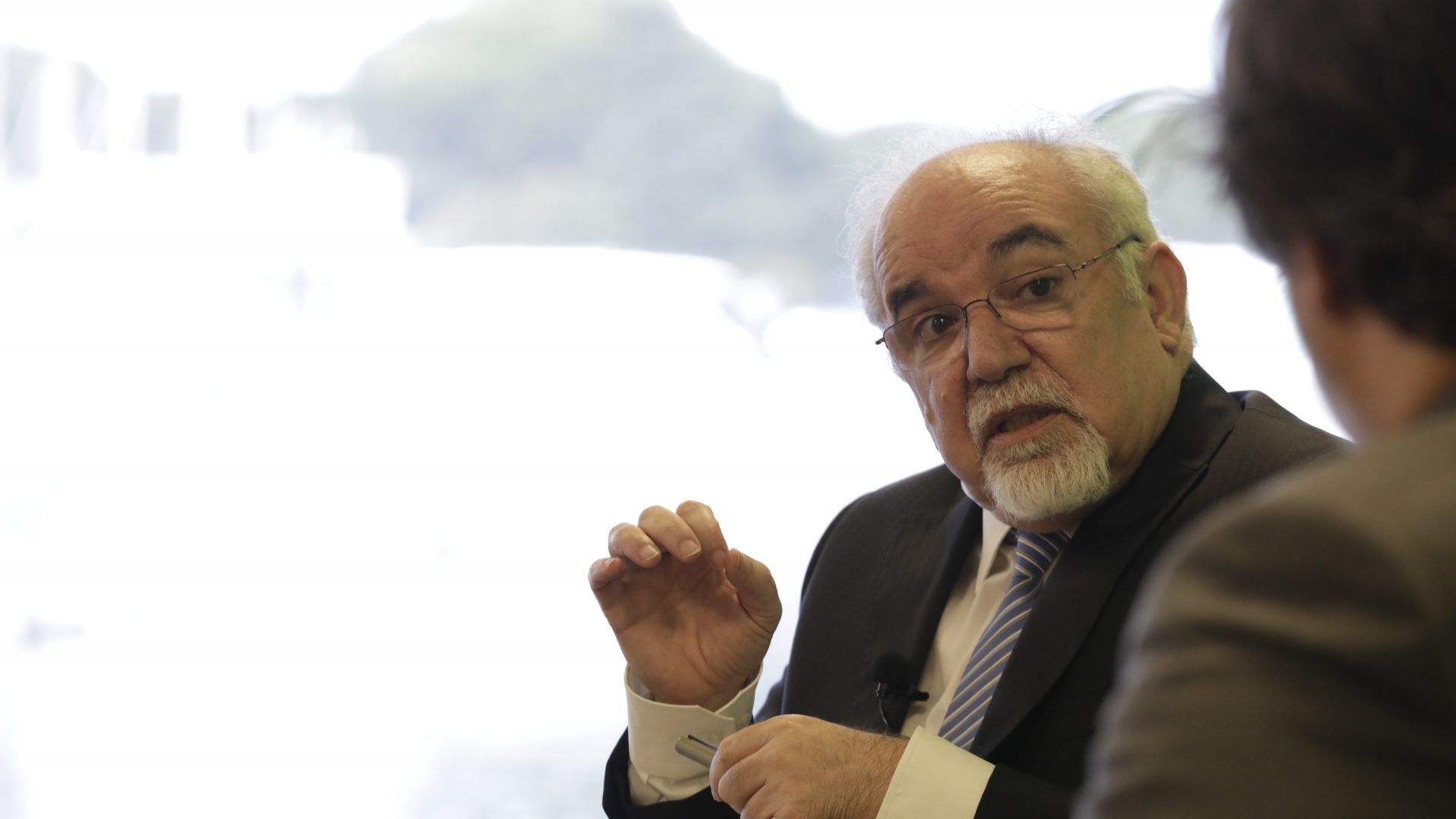PM rules out VAT reduction on electricity bills, not committing to increase pensions in 2019
Last night, António Costa was interviewed by TVI, a Portuguese TV channel, to go through the State Budget negotiations' main topics. The PM ruled out the VAT reduction on electricity bills.
António Costa was last night on national TV, going through the main topics concerning the State Budget negotiations. The Portuguese PM announced that he will prefer to increase the salaries for government employees on the lowest pay scale, rather than promoting the increase for all civil servants. Besides that, he also discarded the idea of reducing the VAT tax on electricity, noting that it has an “unbearable cost” for the State machine, and he promised to find a way to lower the weight of energy bills for families.
“We will go as far as we can to make sure that public servants will have an increase in their salaries. Currently, we have initiated talks with all syndicates, and I must admit that the government has a restricted margin for negotiation”, the PM told TVI last Monday night.
“My personal opinion is the following: I firmly believe that it would be more efficient to apply the margin we have to negotiate to those who need the salary raise the most, instead of spreading it equally by all different pay scales. That would, in the end, benefit insignificantly all those under the measure as the wage increase for all would almost be unnoticed,” he said.
However, Costa did not announce which is the exact margin for negotiation.
Carlos César, the parliamentary leader of the Socialist Party, had already said last week that the party was focusing on applying the measure [increasing wages] to those employed by the government on the lowest pay scales.
According to the Portuguese news agency Lusa, the proposals for the salary increase vary from five to 35 euros, depending on the number of employees covered.
The cost of lowering the VAT tax on electricity is “unbearable”
In the same interview, the prime minister took the option of decreasing the VAT tax on electricity to 6%, so that the bills were more manageable for families, off the table. This solution was proposed by the current government, but it would take €500m from the state’s budget.
“The VAT solution would have an unbearable financial impact. There are healthier ways to try to reduce electricity bills”, Costa noted, pointing out how the state’s proposal for a reduction in the tariff deficit could help.
“One of the issues the country has is regarding the tariff deficit, of around 3 billion euros. This deficit has an indirect implication on the bills we pay. If we successfully reduce that deficit, we reduce the weight it has on electricity bills.”
Old age pensions’ increase is being discussed
About the extra increase in pensions in 2019, the PM gave no hints that the government would indeed include the measure on the OE2019, as he explained how the scenario in Portugal had shifted completely in recent years.
“It is the first time ever that we have witnessed pensions increase for two years in a row. We are negotiating it, but we have to put in in a different perspective than that of last year,” he noted.
“Two years ago we introduced the extraordinary increase, in the context of brutal cuts to pensions from previous years. We updated pensions. By the beginning of next year, 98% of pensions will have been successfully updated while 68% of pensions had a 0.5% increase in relation to inflation. The context today is not the same as two years ago when there was a lot of pressure for pensions to increase”, he explained.




